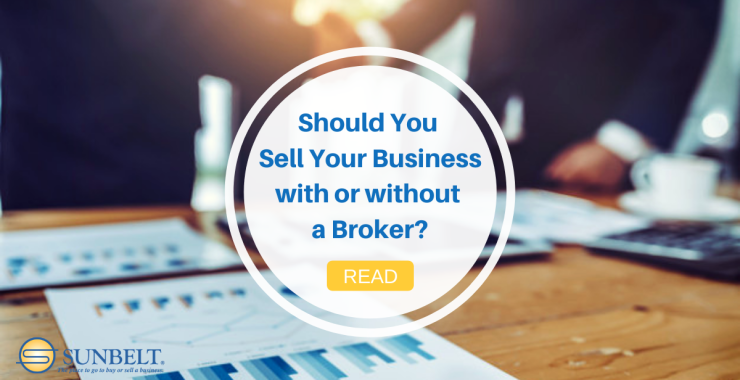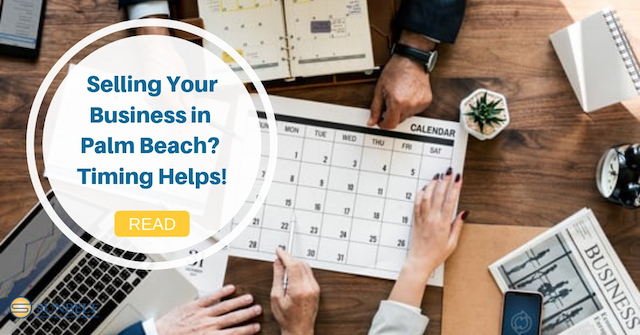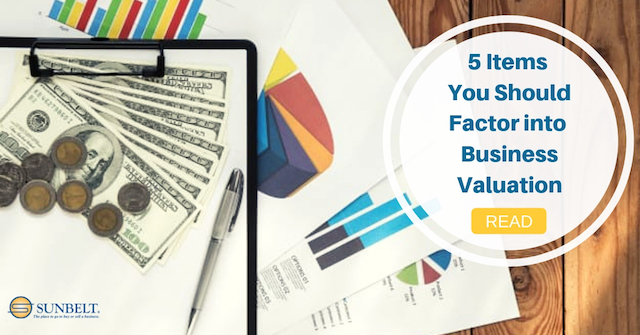Selling A Business
3 Common Structures for Business Sale Payouts in South Florida
Congratulations! You have made the decision to sell your business and have found a buyer!
You have done all the appropriate prep work, getting your business affairs in order, tidying up your books and presenting it in the best possible light to potential buyers. You have searched for, and found, a solid potential buyer – one who aligns with your future vision for your company and who you’ve verified can actually afford to purchase your business. You have agreed upon a sales price, a closing date and the future of the current employees who are important to you.
Now, there’s only one thing left to do – decide how the transaction will be structured.
While this is the very last step in the process of selling a business, it is the one that will ultimately have the greatest effect on your future, because it determines how and when you will get your money.
Let’s take a look at the three most common types of business sale transactions and examine the potential benefits and downsides of each.
1. Lump Sum Payment
A lump sum payment means the purchaser of your business would pay the total amount of the sales price to you upfront, in one large payment via certified bank check or wire transfer, most likely. While this sounds like the most attractive option for sellers (and it might be), it may not be feasible for the buyer.
There aren’t many people who can afford to shell out a huge amount of money upfront to make any purchase. If the sales price is in the millions, for example, it might be difficult to find someone who not only has that amount of money on hand, but is willing to turn it over in one fell swoop.
The positive of a lump sum payment is it represents the cleanest and simplest way for a business to change hands from seller to buyer. It injects the seller with a nice amount of cash, and it allows the buyer to take over fully without any financial cloud looming over their head.
One potential downside for the buyer, though – and one of the reasons a lot of buyers don’t choose this option – is it depletes the amount of available cash on hand they might need to make changes to the business once they take ownership.
2. Finance or Structured Payments
Perhaps the most common option for completing a business sale is to finance the purchase price with a structured payment plan. Just like making other large purchases, the buyer will almost always be required to make a down payment, say around 20 percent, and then will have the flexibility to pay off the rest of the amount on a pre-determined payment schedule.
Just like a financial institution does with a loan, as a seller, you may choose to charge interest on the amount of the purchase price being financed. This would encourage the buyer to put as large a down payment as possible and also pay the loan off in the shortest amount of time.
These loans should be defined in such a way that sets the specific length of the loan, when payments must be made (monthly, quarter, annually, etc.), how much each payment will be and any penalties if the buyer misses payments.
The benefits to this for the seller are a constant flow of cash over a set period of time, plus the fact you could collect more money than the purchase price, when factoring in the interest. The downside is becoming a creditor and not getting all the money upfront.
3. Stock or Equity Options
Some sellers may decide they want to retain ownership of a portion of the business even after the sale, and some buyers might be open to this possibility, too. In this scenario, you would most likely sell a majority stake in your business but would be able to benefit from its potential future growth by holding onto a portion of it.
This would give the buyer control of the decision-making for the business, while reducing their overall outlay of cash. This option may also allow the buyer to seek your advice and support, if the purchase is designed in a way that you will retain a voice in the business.
As the seller, this option may be attractive because it would give you a payout for the portion of the business you’re selling while still enabling you to reap the rewards of the business’ growth. It may also allow you to play a semi-active role in the business after the sale, depending on how the purchase is structured.
The downsides, of course, are this option limits your total payout and doesn’t result in you being totally independent of the business, which may not be what you are looking for.
When you are selling your business, it’s important to think about the payout structure you would prefer, and then negotiate that into the sale of your business as best you can. Just remember the buyer will have a preferred structure in mind, too, so you may need to compromise on how (and when) you will get paid, and not just how much.
Sunbelt Business Brokers of West Palm Beach provides dedicated business brokerage services for all of your buying and selling needs. Whether you are an established business owner nearing retirement and looking to sell, or an ambitious entrepreneur seeking your next investment opportunity, there is no reason to look beyond Sunbelt Business Brokers. Visit us at 800 Village Square Crossing, Suite 216 Palm Beach Gardens, FL 33410 or contact us at (561) 832-9222. View available Businesses for sale in South Florida.




